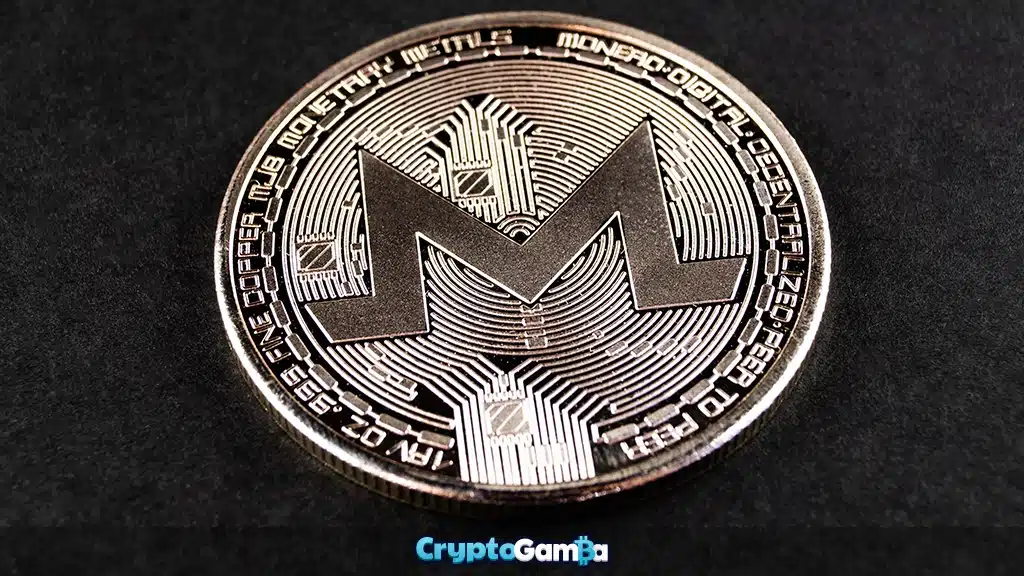What are Privacy Coins and How to Use Them at Crypto Casinos
Crypto online casinos, by nature, attract players who prefer to keep their financial movements private and anonymous. In fact, crypto is synonymous with anonymity and encryption. Still, despite the increased security and privacy that cryptocurrencies offer, some players are concerned about these valid risks. That’s where privacy coins come to help them rest assured. They are designed to provide a higher level of anonymity and are untraceable.
Privacy coins have advanced cryptographic technology that hides all transaction details, making them more attractive to certain players. Our Crypto Gamba guide explores the benefits of privacy coins, the whole modus operandi and potential risks you should know about.
What Exactly Are Privacy Coins?
Privacy coins are also known as anonymity-enhanced (AEC) coins. They feature a blockchain-based technology that is hard to trace, making them highly attractive to players who prefer to keep their gambling activities to themselves. The need for AECs stems from the need for a complete and fully untraceable financial activity.
Compared to BTC or ETH, whose transaction records are on a public ledger and are considered to be anonymous but pseudonymous because of it. On the other hand, private coins offer completely anonymous transactions by hiding the coin origin and destination through different techniques like info hiding and mixing, making them unreadable for blockchain analytic tools.
There are many privacy coins nowadays – Monero, Zcash, Dash, Beldex, Decred, Oasis Network, Aleph Zero and more.
How Do Privacy Coins Work?
AECs use different cryptographic techniques to ensure the confidentiality of transactions. Some of the most popular methods used in modern privacy coins are:
-
Zero-Knowledge Proofs (zk-SNARKs)
They allow one side to prove to another that they possess a specific piece of info without sharing the information.
-
Ring Signatures
Used to combine multiple users’ signatures for one transaction, hiding the real sender.
-
Stealth Addresses
They create a one-time address for each of the transactions, hiding the address. They mainly hide the details of the recipient but not the sender details.
-
Mixing
It combines several transactions in one, hiding the origin and the destination.
Advantages and Disadvantages of Privacy Coins
Privacy coins are quite attractive for players looking to play securely and anonymously. However, there are also downsides.
We highlight the most important aspects you must be informed of:

Pros
- Anonymity – They successfully prevent data exposure.
- Security – They are resistant to hacking.
- Bypassing Restrictions – You can overcome geographical and legal obstacles with them.
- Fast Transactions – Deposits and withdrawals are considerably faster.
- Low Fees – As cryptocurrencies, they carry similar transaction fees which are lower than traditional banking methods.

Cons
- Legal Obstacles – Privacy coins are restricted and banned in certain countries.
- Legit Casinos – Not a lot of crypto online casinos offer privacy coins in their banking section.
- Exchange Limitations – Due to jurisdiction issues, some exchanges restrict the trading of privacy coins.
Are Privacy Coins Better than Mainstream Cryptocurrency?
The use of privacy coins is essentially a double-edged sword. If your priority is anonymity and security – then yes, privacy coins are absolutely safer and better than mainstream cryptos like BTC or ETH.
However, if you prefer access to a large selection of games and sites and flexibility for online gambling, we wouldn’t say so. The list of crypto casinos reduces significantly if you are looking for reputable sites with privacy coins.
How to Use Privacy Coins at Online Casinos?
The steps to using privacy coins in crypto online casinos are pretty straightforward. We list them here:
-
Choose a Casino
Remember, not all crypto casinos accept privacy coins, so make sure to sign up at a casino that has this option.
-
Setup Your Wallet
Download the corresponding wallet with the privacy coin of your choice.
-
Buy Privacy Coins
You can buy privacy coins on Binance, Coinbase, Bitfinex, Kraken, or any other reputable exchange.
-
Deposit
Make the payment from your wallet like you would with any crypto.
-
Play and Cashout
After you’ve made the deposit, you can play games and cash out the winnings back to the wallet.
The most important note we have about using AECs is to make sure that the third-party networks you do business with are legal and reputable. You should always play at a trustworthy online casino and buy the AECs from a renowned exchange.
Where to Play with Privacy Coins?
If you think privacy coins are what you need, our crypto experts at Cryptogamba have you covered. We highlight BC.Game from our list of handpicked casino sites. It has over 10.000 games and many unique offers, and you can deposit and withdraw with Monero, Dash and Oasis.
A close second recommendation for a casino with privacy coins is Jackbit Casino. There, you can play casino games from over 95 developers or take part in sports, e-sports or racing betting. You can use the Monero and Dash AECs here and make minimum deposits starting from only $8.
Final Thoughts: Do Privacy Coins Offer What You Need?
In an era of constant uncertainty, constantly evolving hacking and malicious attempts in every nook and cranny of the internet, it is very understandable that crypto casino players are looking for ways to protect their financial assets in the best way possible.
Privacy coins address the need for additional anonymity and increased security. However, they are also highly regulated and restricted due to potential misuse.
Subsequently, legitimate crypto casinos that offer AECs are hard to find. However, if you prefer security over flexibility for online gambling, then yes, privacy coins might just be the thing you need.





